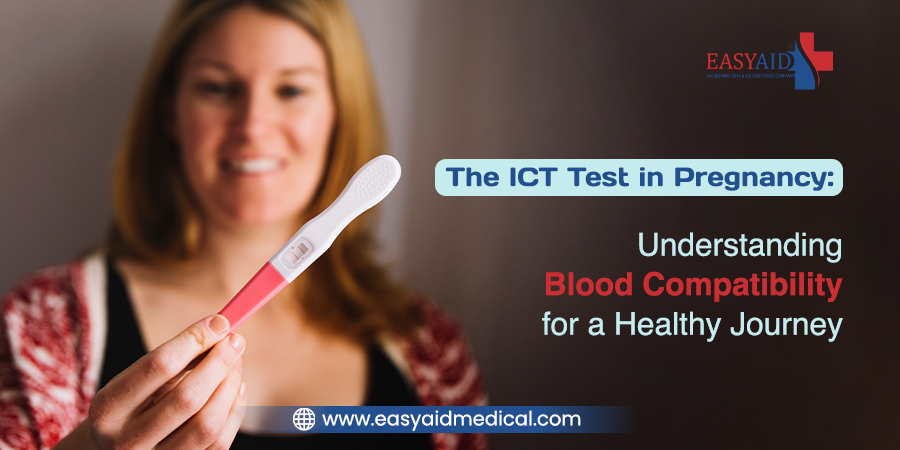The ICT Test in Pregnancy: Understanding Blood Compatibility for a Healthy Journey
Think of a couple excitedly preparing to welcome a new baby in their life. They just attend prenatal appointments, decorate the nursery and eagerly anticipate the arrival of the little one. Among the plenty of aspects of prenatal care, ensuring blood compatibility between the mother and the baby is really important to prevent potential complications. One of the key components of the care is the indirect coombs test. It is actually a blood test that is used during the pregnancy to check the antibodies that could pose risks to your baby. In this guide you can understand everything about ict tests in pregnancy.
Understanding blood types and pregnancy
The ABO system classifies blood into four main types which are a b, AB and o . The classification is basically based on the presence or even absence of antigens on the surface of your red blood cells. You need to know that the antigens can cause immune reactions if the blood types are not compatible.
The RH system is another important classification which includes the presence or absence of the antigen on the red blood cells. If you have this factor you are considered RH positive without those if it is negative. During pregnancy it is really important for you to ensure that both you and your baby are compatible. If you are an RH negative mother and you carry an RH positive baby then your immune system might produce antigens against the baby’s red blood cells leading to RH incompatibility. This condition can even result in severe conditions for your baby.
What is the test in pregnancy?
This test will check the presence of antibodies in your blood that could potentially attack the baby’s red blood cells. The antibodies can form if an RH negative mother is exposed to RH positive blood usually from a previous pregnancy or blood transfusion. The test includes a simple blood draw from the mother. The blood sample will be sent to the laboratory to detect any antibodies which could cause the disease in the baby. The test is basically a part of the routine prenatal care for RH negative mothers and can also be conducted if there are any concerns about other blood type compatibility.
Why is the test so important in pregnancy?
If RH incompatibility is not detected and managed it can lead to diseases in the newborn. Hemolytic disease of the newborn can occur when your antibodies cross the placenta and attack your baby’s red blood cells leading to severe anemia, jaundice and even heart failure in your baby. The test allows for the early detection of the RH incompatibility allowing healthcare experts to take preventive measures. For example if you are an RH negative mother then you can receive RH hemoglobin injections to prevent the formation of antibodies against RH positive blood cells.
What can you expect during and after the test?
During the test a simple blood draw usually performed during a routine prenatal visit will be done. Once the blood sample is collected it is sent to a laboratory. The results typically take a few days to process. It is important for you to discuss the results with the doctor to understand any implications and important follow up actions.
So above all you need to know that the test is a very important part of the prenatal care and it plays a very important role in ensuring the blood compatibility between you and your baby. You can easily get the blood test done by connecting with experts at Uniq.


